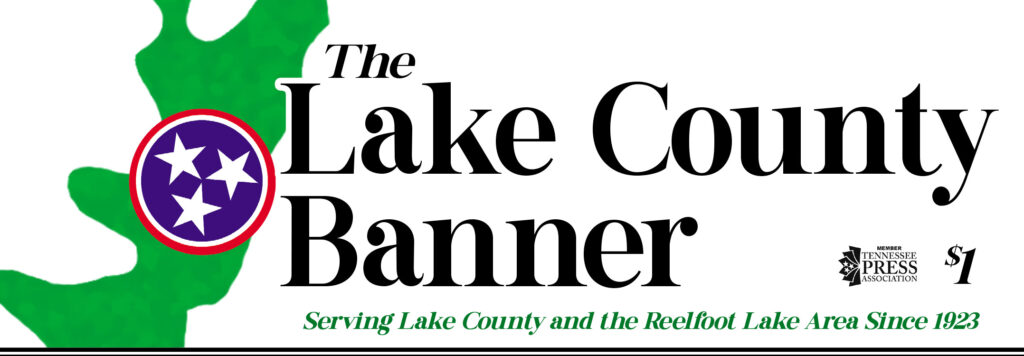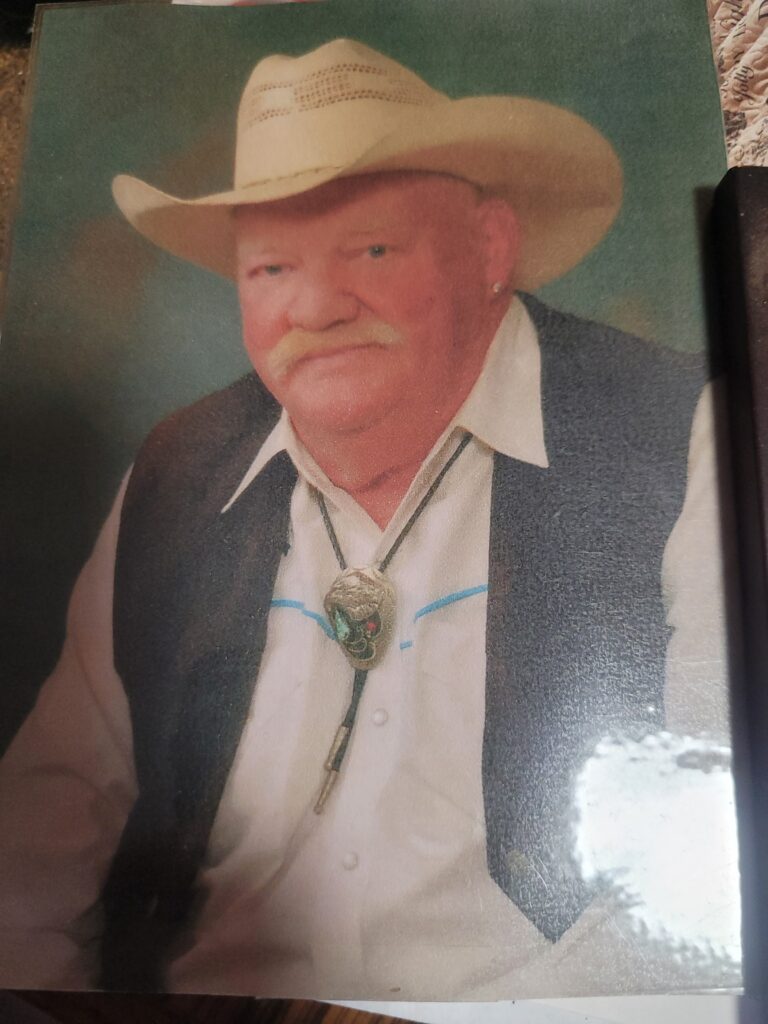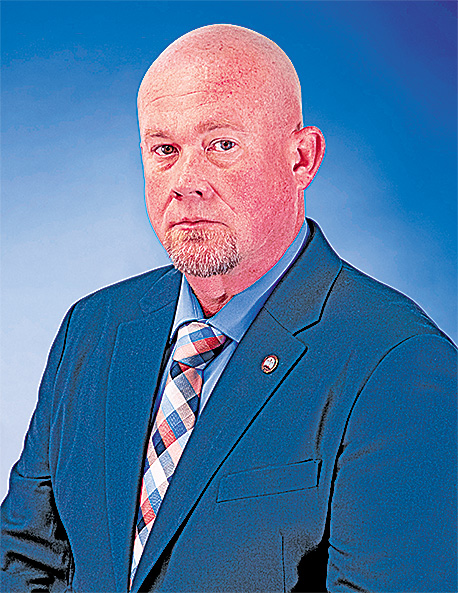Overdose now No. 1 cause of death for 18-45-year-olds
by Sabrina Bates
MVP Regional News Editor
Wednesday, Aug. 31, 2022, marked International Overdose Prevention Awareness Day. To spread awareness while educating Tennesseans about illicit drug use in the state, the Tennessee Bureau of Investigation (TBI) and the Tennessee Department of Mental Health Substance Abuse Services held a joint press conference in Nashville.
Mexican drug cartels, methamphetamines, fentanyl and addiction recovery services were subjects discussed by both state departments. According to the TBI, fentanyl has jumped to the No. 3 spot of illicit drug use in the state, with 13 percent of cases statewide involving the substance.
Fentanyl is often prescribed by doctors for pain. It is a synthetic opioid that is 50-100 times stronger than morphine.
What is posing a danger to people is the synthetic fentanyl on the streets that comes in the form of liquid, powder or pills.
As TBI Director David Rausch explained, the days of people mixing methamphetamines in their garage are disappearing, thanks to statewide drug task force efforts and legislation making it harder to get
the precursors. The Mexican drug cartels, as Rausch noted, understand the business model of drugs and are filling gaps by bringing fentanyl into the country to mix with other illicit substances such as meth, heroin and cocaine. China is sending the precursors to manufacture synthetic fentanyl to Mexican drug cartels. The cartels send the drug across the border in liquid form. Conversion labs are
State agencies address fentanyl, illicit drug use in Tennessee pressing the fentanyl into pill or powder form.
“The cartels have a better distribution program than Amazon. It is easier to get the liquid form across the border. We have also seen the money-laundering operations with Chinese connections,” Rausch said. He said law enforcement agencies know there are connections to two Mexican cartels in Tennessee as they have tracked down and arrested those connected.
Legislation passed by the Tennessee General Assembly earlier this year classifies overdoses as homicides and holds those who give out the drugs responsible.
Rausch said ODs are no longer considered accidental deaths and the new classification (second-degree murder) is helping agencies track down the origins of drug supplies.
In 2021, there were 107,000 deadly ODs in the country, making them the leading cause of death for ages 18-45. ODs surpassed suicide, car accidents and COVID-19 deaths.
Tennessee Department of Mental Health and Substance Abuse Services Commissioner Marie Williams presented fentanyl myth-busting during Wednesday’s press conference.
She explained someone cannot OD from fentanyl through incidental contact; the drug must enter the bloodstream through snorting, swallowing, injecting or absorption in the mouth to cause an overdose.
Signs of fentanyl intoxication include respiratory distress, respiratory depression or arrest; drowsiness; dizziness; disorientation; pinpoint pupils; loss of consciousness and nausea/vomiting.
Williams said they are not seeing signs of fentanyl in vapes or marijuana, contrary to circulated information. She added the synthetic fentanyl is showing up in heroin, cocaine and methamphetamine.
“Tennesseans are dying by the thousands (from fentanyl overdoses),” she noted.
Tommy Farmer, Special Agent in Charge, Tennessee Dangerous Drugs Task Force/Tennessee Bureau of Investigation, advised law enforcement agencies to watch for rainbow-colored fentanyl pills (blue, yellow and pink).
The Tennessee Dangerous Drugs Task Force works with law enforcement agencies to provide training, vehicles and PPP needed when working illicit drug cases.
While law enforcement officers are encouraged to carry Naloxone or Narcan, Rausch said they are seeing more has to be administered in OD situations as a result of the increased purity and strength of illicit drugs. There has been an increase in xylazine cases. Xylazine is a tranquilizer that doesn’t react to
Narcan treatment. The director did note methamphetamine remains the No. 1 illicit drug in Tennessee and the country. Law enforcement are projected to handle 10,000-plus cases involving the Schedule II substance this year, 35-36 percent of their caseload.
Illicit marijuana use dropped to the No. 2 slot as Rausch explained illegal cannabis use is on the decline. There are four states in the country where marijuana is illegal. In Tennessee, CBD products with low amounts of THC (hemp) are allowed for sale and use. Other examples include Delta-8 and
Delta- 9 products.
“It (marijuana) is still a Schedule I drug on a federal level and that doesn’t change how we approach it,” Rausch said. He added he is adamantly against it and will enforce laws, not based on emotions, but facts, after seeing legal states increase budgets to combat youth use.
Rausch suggested Tennessee would have to increase its budget exponentially if marijuana were legal in the state.
“It is bringing in revenue to these other states, but what is the cost?” Rausch asked.
Following the press conference, media outlets had an opportunity to tour the Forensic Chemistry Unit of the Nashville Crime Laboratory.





